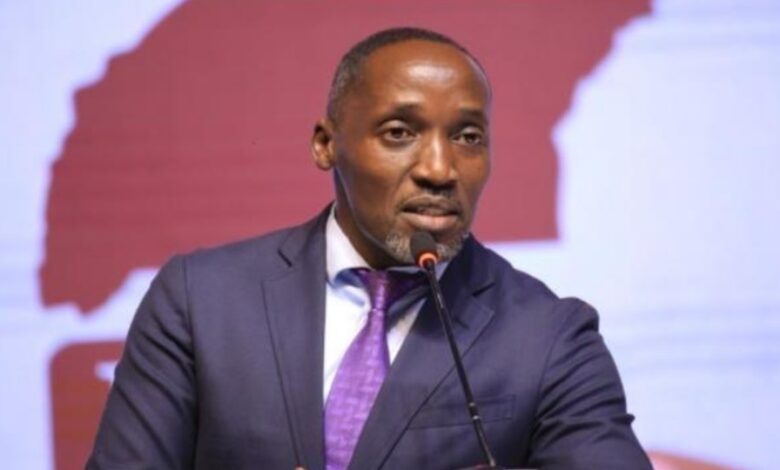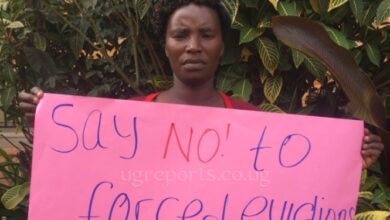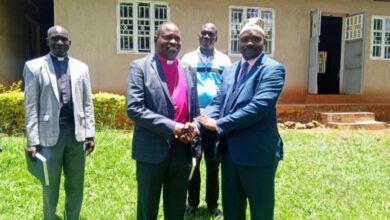NEED condemns tribalism in legislative decision-making
“We must boldly say enough is enough and reclaim our fundamental rights,” he asserted.

Kampala: The National Economic Empowerment Dialogue (NEED), represented by National Spokesperson Hon. Ssaalongo Matovu Moses, has voiced strong concerns regarding the increasing tribalism observed in Uganda’s Parliament, which threatens national unity.
“NEED condemns the divisive actions seen in the House, particularly remarks made by Speaker Hon. Anitah Annet Among. We call upon Members of Parliament to set aside regional biases and prioritize the best interests of the Ugandan people and economy,” Matovu stated during a media briefing at the party headquarters on Monday.
Matovu emphasized the importance of the Uganda Coffee Development Authority (UCDA), a key institution for the country’s economy, urging MPs to enhance its effectiveness rather than dismantling it under the guise of rationalization. “Coffee is one of Uganda’s leading income-generating exports, providing livelihoods for countless families. Eliminating the UCDA would jeopardize Uganda’s economic stability,” he added.
Highlighting the “Make Them Poor” campaign, Matovu noted concerning patterns in targeting essential industries, such as fishing and sugar cane, where excessive taxation has been imposed, while resources like gold remain untaxed, benefiting only a select few.
NEED firmly opposes any narrative that frames coffee as a commodity belonging to a single tribe. “Coffee is a national resource for all Ugandans; its success benefits the entire nation,” Matovu asserted. He urged unity among MPs, particularly from the Buganda region, to resist such divisive actions and foster growth in critical sectors.
The organization expressed disappointment over alleged divisive statements from Speaker Among that undermine MPs from specific regions. NEED calls for the Speaker to retract these remarks and issue a public apology for promoting tribalism within Parliament.
“We urge all Ugandan leaders to prioritize the nation’s interests over tribal or political affiliations and advocate for policies that are inclusive and equitable, aligning with Uganda’s long-term development goals,” Matovu concluded.
Prince Joe Nakibinge Jjuuko, National Organizing Secretary of NEED, contextualized these issues within Uganda’s broader historical challenges with tribalism in governance. He cited the demand for federal governance as outlined in the Odoki report, which was dismissed as a Baganda issue. “This reflects a long-standing reluctance to address the collective will of Ugandans,” Nakibinge stated, emphasizing the importance of respecting regional identities.
He also pointed out that neglecting these identities fosters resentment, as demonstrated by the inadequate response to recent agricultural challenges. “When foot-and-mouth disease struck cattle, swift action was taken. Yet, banana growers, predominantly affected by the banana mosaic outbreak, have seen little support,” he remarked.
Nakibinge stressed the need for fair governance that appreciates the diverse natural resources of all regions. “We must boldly say enough is enough and reclaim our fundamental rights,” he asserted.
Do you have an advertisement or article you want to publish? Mail us at theugreports@gmail.com or WhatsApp +256394700683.






